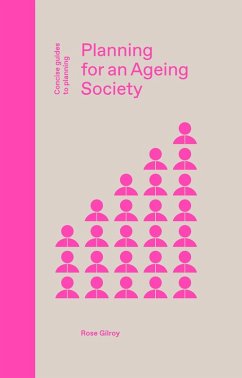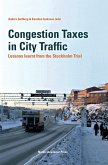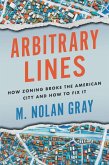It is well known that we are living in a time of demographic shift to an ageing society, yet our responses to this shift are still uneven and often spring from dated assumptions and images of older people. The significance of place in all our lives, but particularly in the lives of older people, puts responsibility on planners and other place-makers to challenge ideas about later life by developing practices of involvement that put older people's voices at the core of planning responses. This book introduces planners to dominant ideas about ageing and how these have influenced the responses of placemakers, considering how the demographic shift may be a catalyst for new thinking in place-making. It is not so much about planning for old people, but about how an ageing population changes all aspects of our lives. The book introduces useful concepts such as the 20-minute neighbourhood and the everyday-life framework, explains the age-friendly movement, and questions to what extent it helps cities respond to change. Comparing international case studies, it explores the critical role of housing and the possible use of land allocation to encourage developers to think about better and more housing.
Dieser Download kann aus rechtlichen Gründen nur mit Rechnungsadresse in A, B, BG, CY, CZ, D, DK, EW, E, FIN, F, GR, HR, H, IRL, I, LT, L, LR, M, NL, PL, P, R, S, SLO, SK ausgeliefert werden.









